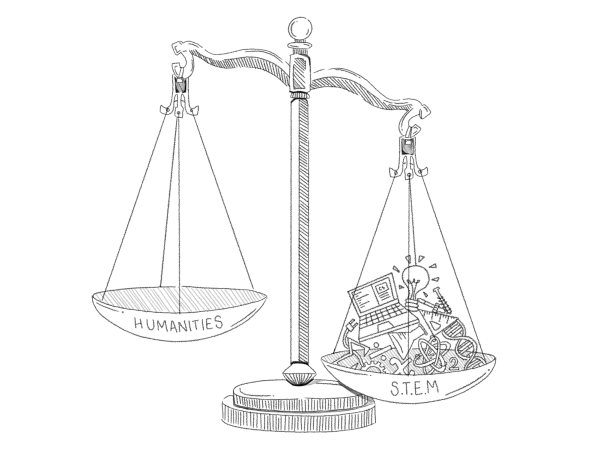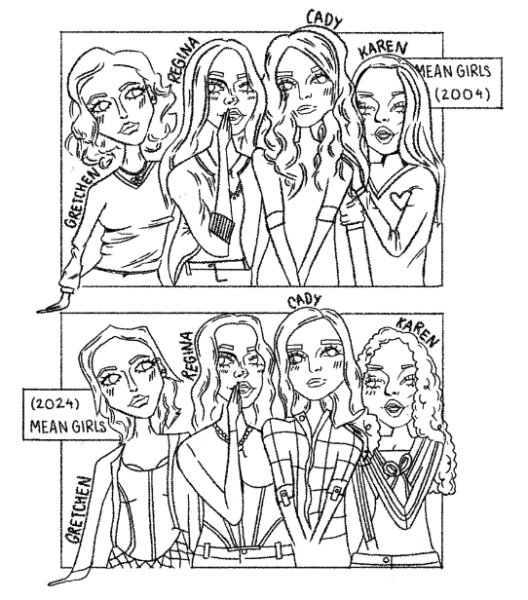Why You Shouldn’t Eat Red Meat
Producing one hamburger takes the same amount of fossil fuels as driving a small car for 20 miles. Creative Commons Photo: Wuestenigel on Flickr.
January 26, 2020
Climate change is a colossal issue — so much so, that it seems a single person couldn’t possibly do anything about. You may think that it’s too much work, too expensive or simply not worth it to make a change in your life to help mitigate climate change, but that’s not true.
There are simple changes you can make to your daily life that can slow the advance of climate change, starting with the way that you eat. You may be thinking: there’s absolutely no way that I’m going vegan! Don’t worry, you don’t need to go vegan to make a difference. Sure, cutting out all animal products is one way to eat more sustainably, but the reality is that some animal products are worse for the environment than others. You can eat more sustainably by just giving up eating meat that comes from mammals, more commonly called red meat.
Giving up red meat may seem so insignificant that it isn’t worth it. However, this mindset often prevents individuals from making small changes that collectively make a difference. Giving up red meat, especially beef, has an impact because the way that livestock are raised is particularly unsustainable. According to The Guardian, giving up red meat can reduce your carbon footprint more than giving up your car.
Agriculture is a significant contributor to global warming: the UN says that agriculture causes 14.5% of all global greenhouse gas emissions. The majority of these emissions come from raising livestock. According to the Union of Concerned Scientists, beef production is the biggest global deforestation driver. Cows also use their feed significantly less efficiently than other animals; it takes 16 pounds of vegetation to produce one pound of flesh from a cow. Ultimately, producing one hamburger takes the same amount of fossil fuels as driving a small car for 20 miles. Giving up red meat is an easy way to drastically decrease your carbon footprint.
If you are apprehensive about changing your diet because of the price, giving up red meat will benefit you. If you swap out your red meat for chicken, you spend half as much money buying protein, according to the National Chicken Council. Vegetables are usually cheaper than meat, so if you decide to take it a step further and replace your red meat with a plant-based protein like beans, you would be spending even less.
The real question here is: why not give up red meat? Climate change is real, and we’re already seeing the dangerous effects it can have. Temperatures are rising, ice is melting, oceans are rising and extreme weather events are happening more frequently and intensely. Just last year, deadly wildfires ripped through both northern and southern Calif., destroying everything in their path and making the air quality all throughout California even worse than it is in Beijing.
According to the United Nations, we only have until 2030 to prevent irreversible damage to our planet. This may seem like a daunting task, but if we all do something, we can start to make a difference. Think about what we’re leaving future generations: do we really want to leave them with a climate emergency?
We are destroying our planet, but you can do something about it. The next time you’re about to buy a juicy steak or hamburger, try replacing it with another protein, like chicken or beans. You have nearly nothing to lose from this decision, but our future has everything to gain from it. Why not start making a difference today?













